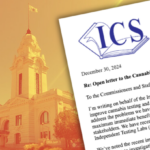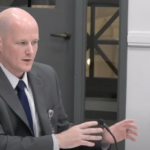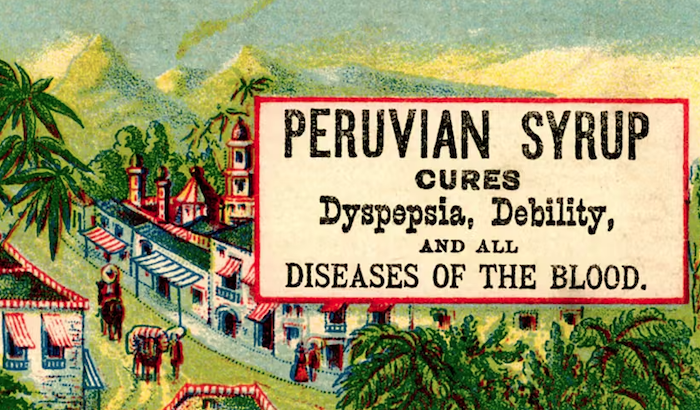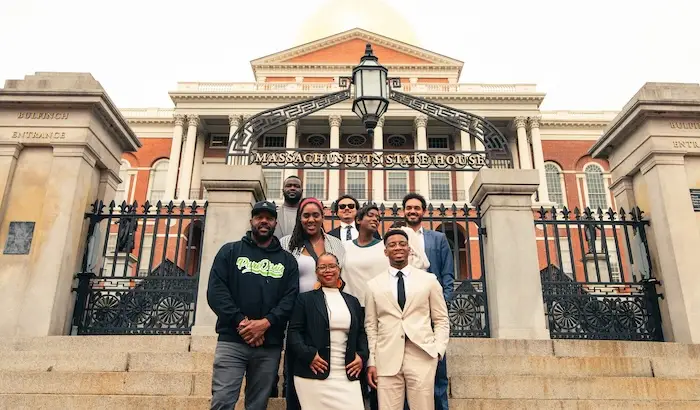
With the recreational rollout expected in July, many patients are worried that their needs will be
forgotten in the rush to turn a profit. The state may be rushing too fast to generate its needed tax revenue.
With more than 60 percent of patients currently utilizing the dispensary system to obtain their medicine, it is concerning to many in the medical cannabis patient community that the Cannabis Control Commission’s proposed regulations do not include any safeguards on the patient supply. While the CCC worked very hard to separate medical from adult use at the point of sale in the proposed regulations, it did not include much in the way of protections for the medical marijuana patient supply.
This needs to be addressed.
According to the registered qualifying patient advisor to the CCC, Massachusetts Patient Advocacy Alliance (MPAA) advocate Michael Latulippe, the state does not regularly keep track of the amount of product dispensaries are producing versus the ounces that they sell. Latulippe explained, “The Department of Public Health currently only collects data on the amount of ounces that are sold to patients and does not regularly audit the cultivation centers on what they are actually producing.”
In other words, the department does not regularly keep track of how much the dispensaries are producing in their cultivation centers versus how many ounces are sold to patients. Without these data points, the CCC will have no idea what stock exists when adult use sales begin in July. This could imperil the patient supply. Michael Latulippe continued:
“We at the MPAA are advocating to see temporary safeguards put in place on the medical marijuana patient supply so that patients do not run out of their supply when adult consumers begin purchasing from co-located facilities in July. These temporary safeguards would only be put in place by the commission at times the amount of supply could not meet demand such as in July of this year when adult use sales begin.”
We aren’t talking about the Gap running out of size 4 skinny jeans for a week. We are talking about medicine that allows people to function and sometimes even to live. Patients are still waiting on some sort of guarantee that their medicine won’t be taken when there are shortages for adult users. When Nevada started selling cannabis recreationally, it had shortages within a week and even declared a state of emergency. Other states, like Oregon, have all but gutted their medical programs in favor of the more lucrative recreational market.
While the medical marijuana program in Mass isn’t devoid of problems, regulatory changes finally implemented by the DPH in December gave many patients hope for the future. Many important issues still need addressing, though, including the lack of knowledgeable doctors who will see cannabis patients, the lack of a true hardship program, and the lack of state incentives for incoming doctors to learn about the endocannabinoid system. There’s also the continued difficulty getting a card, a lack of reciprocation with other medical states, and issues in the pediatric program.
Until last month, a pediatric patient needed two doctor recommendations, one of which had to be a pediatric doctor or specialist. Under normal circumstances, that is totally understandable—but not when there is just one doctor for these patients in the entire state. Dr. Eric Ruby in Taunton is the only pediatric doctor allowed to recommend cards for the growing number of pediatric patients. To make matters worse, Dr. Ruby has been wanting to retire for a number of years. What will happen to all these kids when they no longer even have a Dr. Ruby?
With a lot of push from patient advocates and the Massachusetts Patient Advocacy Alliance (MPAA), the DPH has finally made some changes. Some are encouraging: allowing institutional caregivers; allowing prices to be published online; and the best one, allowing licensed certified nurse practitioners (CNP) to recommend patient cards, including for pediatric patients. So now pediatric patients may have a CNP as their second provider.
Nonetheless, the problem remains that none of this has been announced in a way that has reached the average patient. Mothers are still begging online for some information about where to get their child’s card renewed. With the closing of Integrity 8, a former provider, many pediatric patients lost their doctors and are now struggling to get cards renewed. With not enough doctors or CNPs to renew cards for these sick and dying children, Mass is setting itself up for a health emergency. For some of these kids, it’s life-threatening to miss a dose.
At this time, Mass has 19 licensed medical dispensaries that have opened for patients, while 105 additional medical dispensaries have been granted licenses but have yet to even break ground. Those who have held on to these licenses not only get priority for the recreational licenses but also potentially block other operations that want licenses to open sooner.
To complicate matters further, the CCC released a timetable for sales and licenses that does not include general applicants. Any small business or craft co-op that plans to compete with the established “big guys” will have to wait to request a license, as these dates have yet to be announced. We are now waiting on several work groups to hash out the details. On the other hand, the previous dispensaries and other big recreational shops will have priority licenses given to them in April. Since it takes time to secure land, grow, and process, it is unlikely new entrants to the industry will be able to be ready for legalization.
With recreational cannabis set to launch in July, patients fear for what will happen to their meager supply of medicine. Are we going to lose our medical program over higher profits with recreational? Is a budding craft cannabis industry about to be shut down before it’s able to start? Is it time to think about pushing off this July deadline until everything is straightened out? What’s more important to the community: patients, or profits?
To help ease all of this confusion, the MPAA is hosting an event on all the regulatory changes on Feb 7 in Boston. Check its Facebook page for details.
The CCC will be having listening sessions in the month of February all over the state. Residents are encouraged to voice their opinions. Check mass.gov/orgs/cannabis-control-commission for more details.
























